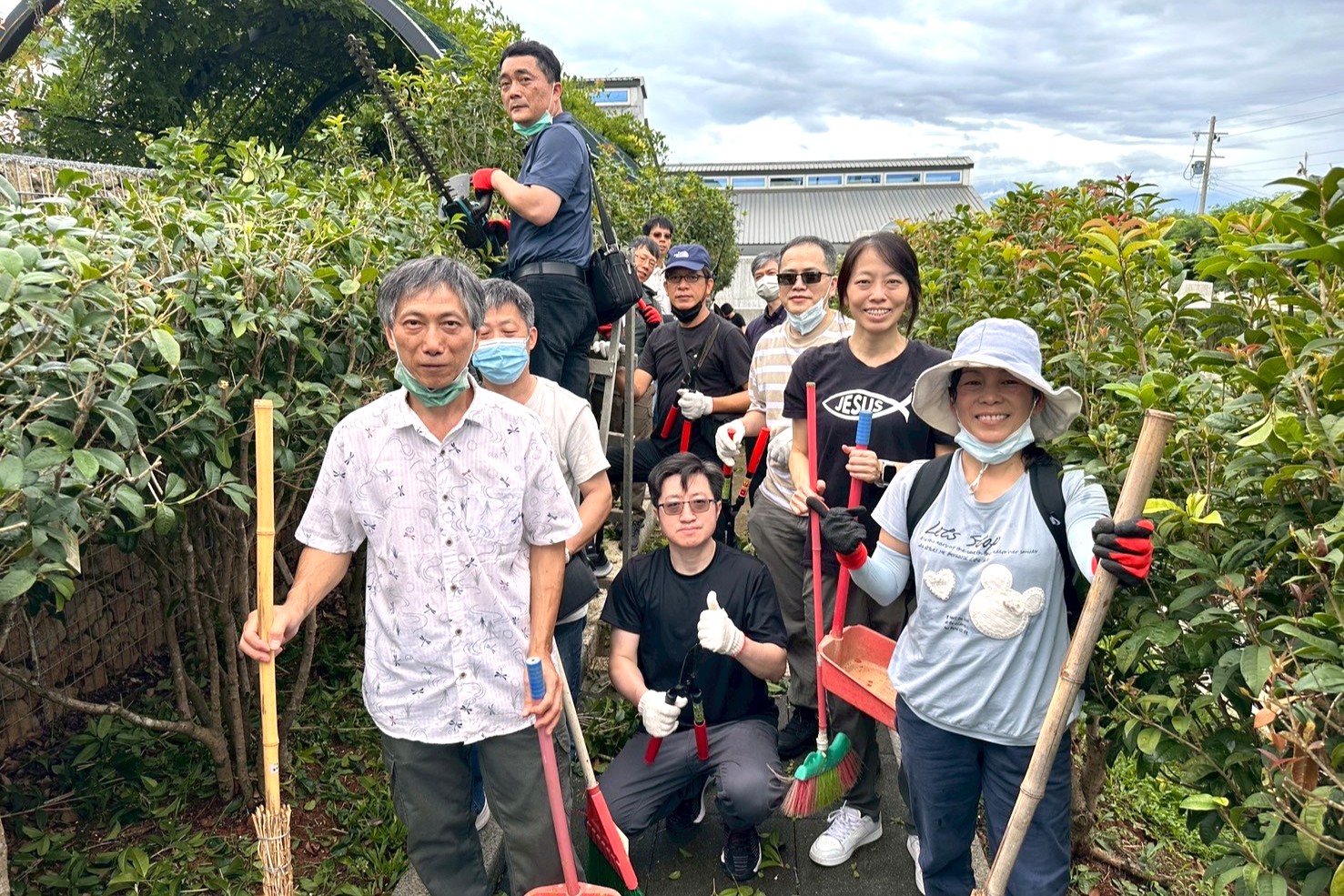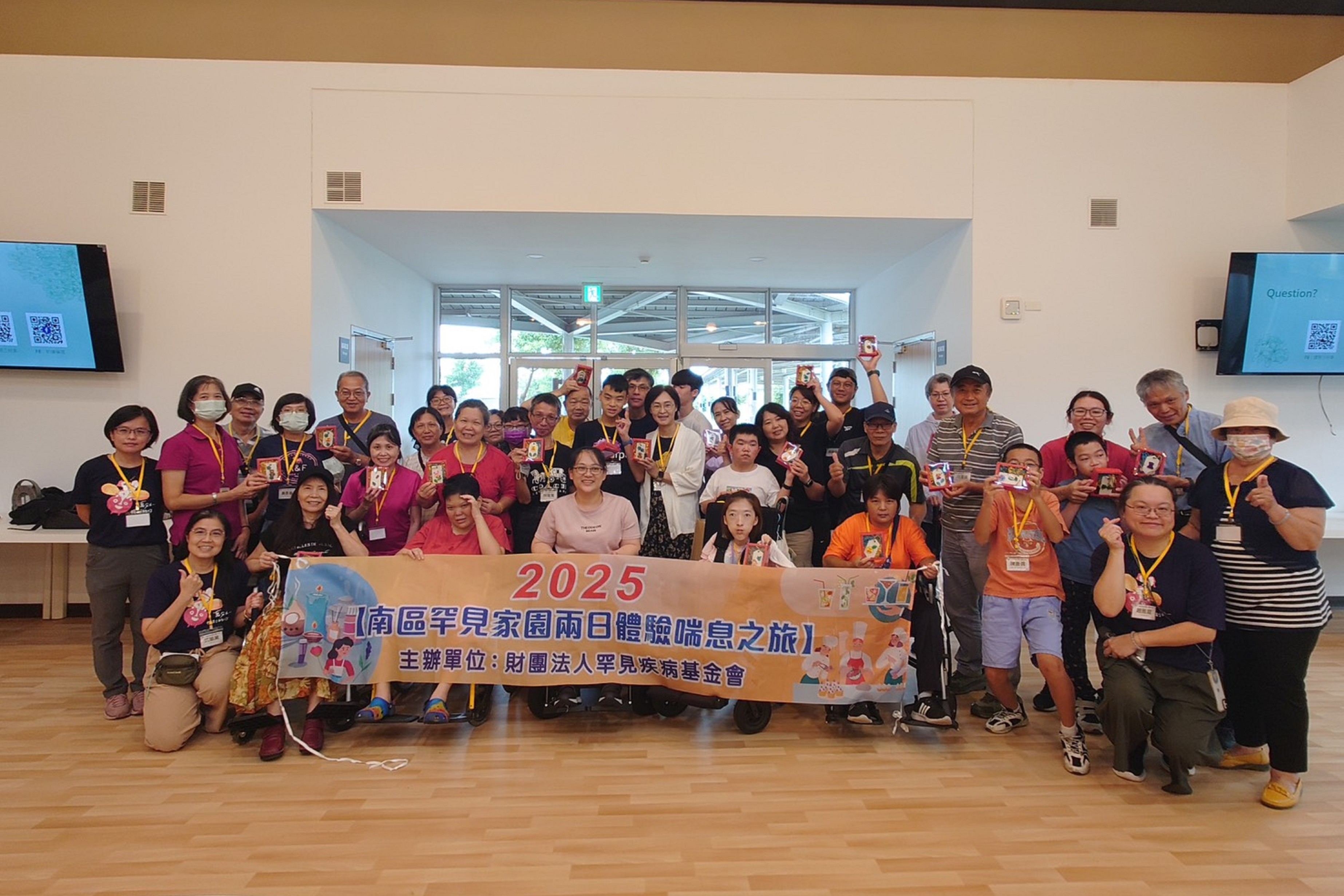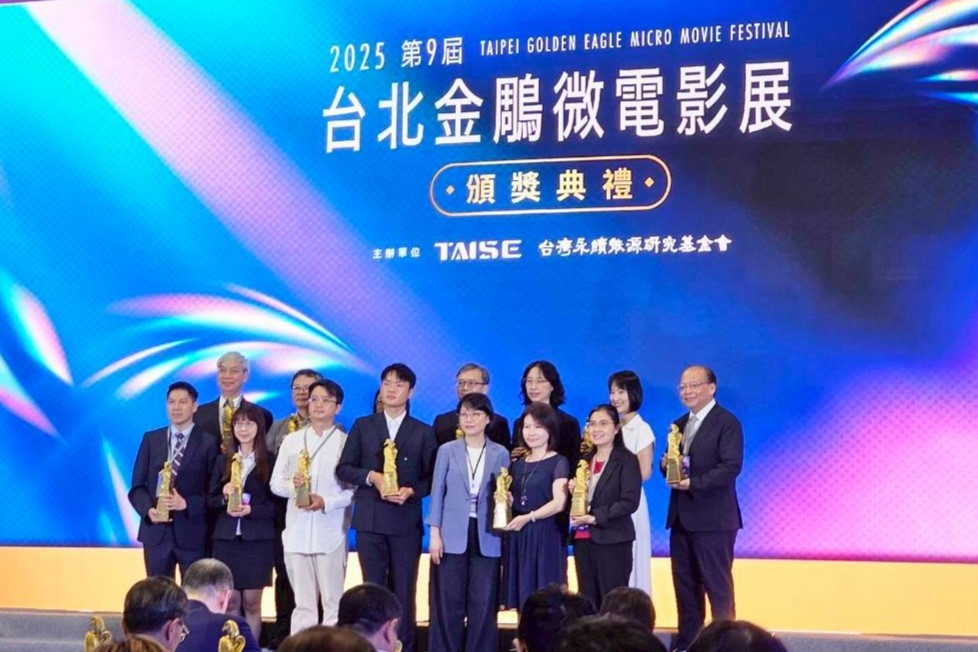News
The Subsidy of Assistive Devices Turns into Dawn
The Subsidy of Assistive Devices for Rare Disorders Finally Turns into Dawn
In Taiwan, anyone who wants to get physically or mentally disabled social welfare
must have the “physically or mentally disabled certificate”. From TFRD’s and the
Government’s accumulated efforts in the past, the class of rare disorders has finally
been added into the “Physically and Mentally Disabled Citizens Protection Act” in 2001
as “physical or mental disability caused by infrequent disease and confirmed by the
central competent authority in charge of health.” In the statistics released by Ministry
of the Interior at the end of June 2007, there are only 817 persons who have the
“physically or mentally disabled certificate” under the class of rare disorder among
more than one million disabled persons.
To improve the quality of life of people with disabilities in this country, our government
subsidizes them with assistive devices as a significant social welfare, which open doors
to learning, employment and social participation. However, according to “Physically and
Mentally Disabled Citizens Protection Act”, the subsidy standards of assistive devices
doesn’t include the class of rare disorders. So, ever since 2001, the disabled who has
“physically or mentally disabled certificate” under the class of rare disorder can not apply
for subsidy of assistive devices from government. Thus they became the most
disadvantaged among the disadvantaged.
Knowing this situation, TFRD presented an official document to the Ministry of the Interior in May 2007, pleading for some amendment on the subsidy standards. However, the Ministry didn’t think this is the case because “the Physically and Mentally Disabled Citizens Protection Act” has been modified and there will be no more class of rare disorders 5 years after this new Act is completely implemented nationwide.
In order to fight for our patients’ rights rather than letting them wait for 5 years, we then wrote a memorial to the government and made some negotiation. After 6 months, the government finally adds an article for rare disorders in the “Subsidy Standards of Assistive Devices for Physically and Mentally Disabled Citizens” at the end of this year, which says “the application of assistive devices for the disabled affected by rare diseases with certain needs certified by physician will not be limited by the class of disability.” That is, for the patients suffered from rare diseases, the subsidy for assistive devices can also be applied according to their practical needs identified by physicians instead of classes or grades of disability assessed by the authorities. We hope this can protect the interests of the patients afflicted by rare disorders and elevate the quality of their livelihood.








